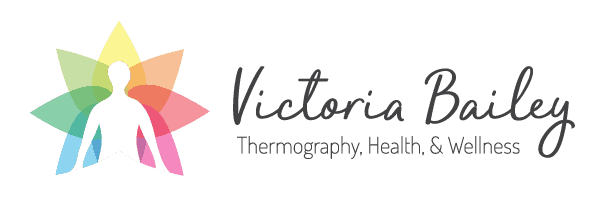A smile is the prettiest thing you can wear, as long as coffee, tea, soda, and acidic foods haven’t left a stain on your teeth! However, there is a natural way to whiten your teeth without paying a dentist or using damaging products from the local pharmacy.
Below, we’ll explore how activated charcoal can naturally improve the appearance your pearly whites and leave you with a beautiful smile.
What is Activated Charcoal?
Activated charcoal (or activated carbon) is a tasteless and odorless black powder often used as a natural treatment for drug overdoses and poisonings.
Activated charcoal traps chemicals and toxins so that they are eliminated rather than absorbed by the body.
How Does Activated Charcoal Work for your Teeth?
Activated charcoal binds plaque and other surface stains on your teeth, thereby whitening your teeth. Furthermore, it balances the pH of your mouth for better oral health, while stopping gum disease, cavities, halitosis, and tooth decay.
How to Use Activated Charcoal to Clean your Teeth
-
Wet the bristles of your toothbrush.
-
Lower your brush into a small bowl of activated charcoal (in powder form) and fully coat the bristles. If you have activated charcoal in capsule form, pour the contents over your toothbrush.
-
Gently brush your teeth in circular motions; focusing on the most stained areas of your teeth (don’t worry the charcoal will wash right off).
-
Leave the activated charcoal on your teeth for 3-5 minutes, before swishing your mouth meticulously with water and then spitting into a cup (to make clean up easier).
-
Rinse your mouth thoroughly until your spit is clear.
Brush your teeth with activated charcoal two or three times a week for the best whitening results.
Do not use activated charcoal for a prolonged period of time.
What are the Drawbacks of Using Activated Charcoal?
Activated charcoal may stain caps, crowns, and porcelain veneers, and should be avoided by individuals with sensitive teeth. Additionally, activated charcoal will not work on deep stains or natural yellowing.
Do not brush your teeth with charcoal if you have any open abrasions, cuts, or wounds in your mouth! Also, activated charcoal is staining, so protect your clothes and counters before you begin your routine. Baby wipes are a good way to clean charcoal stains from surfaces.
If you’re insecure about your smile, brushing with activated charcoal is a great way to attain whiter teeth. Remember to consult with your dentist before beginning this routine.
If you want an in-depth report of your dental health, book your Wellness Scan or Total Health Awareness Scan today and gain a wealth of crucial information.




